As the number of confirmed cases of the coronavirus rise and shelter-in-place orders spread, the fear of prolonged isolation and loneliness is pervasive.
Stephen J. Dubner addressed this topic in February on Freakonomics Radio, noting that unwanted social isolation can be destructive.
It turns out that there is a way out, a tried-and-true way to combat loneliness: Service.

Vivek Murthy has been studying this topic since his days as Surgeon General of the United States under presidents Obama and Trump.
“One of the things that’s powerful about service is that it shifts the focus away from you and onto other people,” Murthy told Dubner. “And it also reaffirms for you that you have value to give and to share with the world.”
Murthy explores the loneliness epidemic in his forthcoming book, Together, where he examines the relationship of loneliness on health outcomes. Murthy tells Dubner that when people are in a state of threat, they are not surprisingly consumed by thoughts of self-preservation.
Focusing inward can only add to anxiety and stress. Service is a way to redirect those fears, concerns, and anxiety in a positive way.
Finding ways to support neighbors and communities is a first step for every member of the family. For lawyers who want to use their legal skills to serve those in need, below are four ways to get involved:
ABA Free Legal Answers, a virtual walk-in clinic where lawyers volunteer to answer civil legal questions. Volunteers must be licensed and able to provide pro bono services in their state. Volunteers choose their states in a drop-down menu and sign an attorney agreement to get started. By early March, the service had answered 100,000 questions since its creation nearly four years ago. (ABA Journal)

Learned Hands is a way lawyers and law students can earn pro bono credit by helping an AI-driven tool learn to spot legal issues in real people’s stories about their problems. It’s a game that serves as a research project. Once a lawyer or law student registers and starts playing, the system will keep track of pro bono hours for them. The project is a collaboration between Suffolk Law School’s Legal Innovation and Technology Lab and Stanford Law School’s Legal Design Lab. (LawSites Blog)

LAMP, from the ABA’s Standing Committee on Legal Assistance for Military Personnel, has several ways for non-military and military lawyers to field pro bono projects. The primary initiatives are ABA Military Pro Bono Project, for volunteers to take on current cases, and Operation Stand-By, for military lawyers to directly consult with civilian lawyers.
Pro Bono Institute is a Washington, D.C.-based organization that offers lawyers, firms, corporate counsel, and public interest organizations opportunities to participate in six projects, from law firm and in-house counsel pro bono, to Second Acts, a project for retiring lawyers to continue to serve.
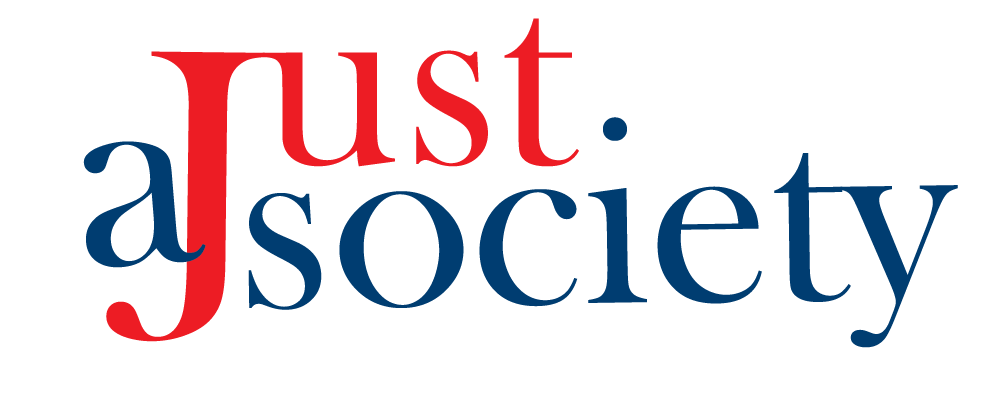
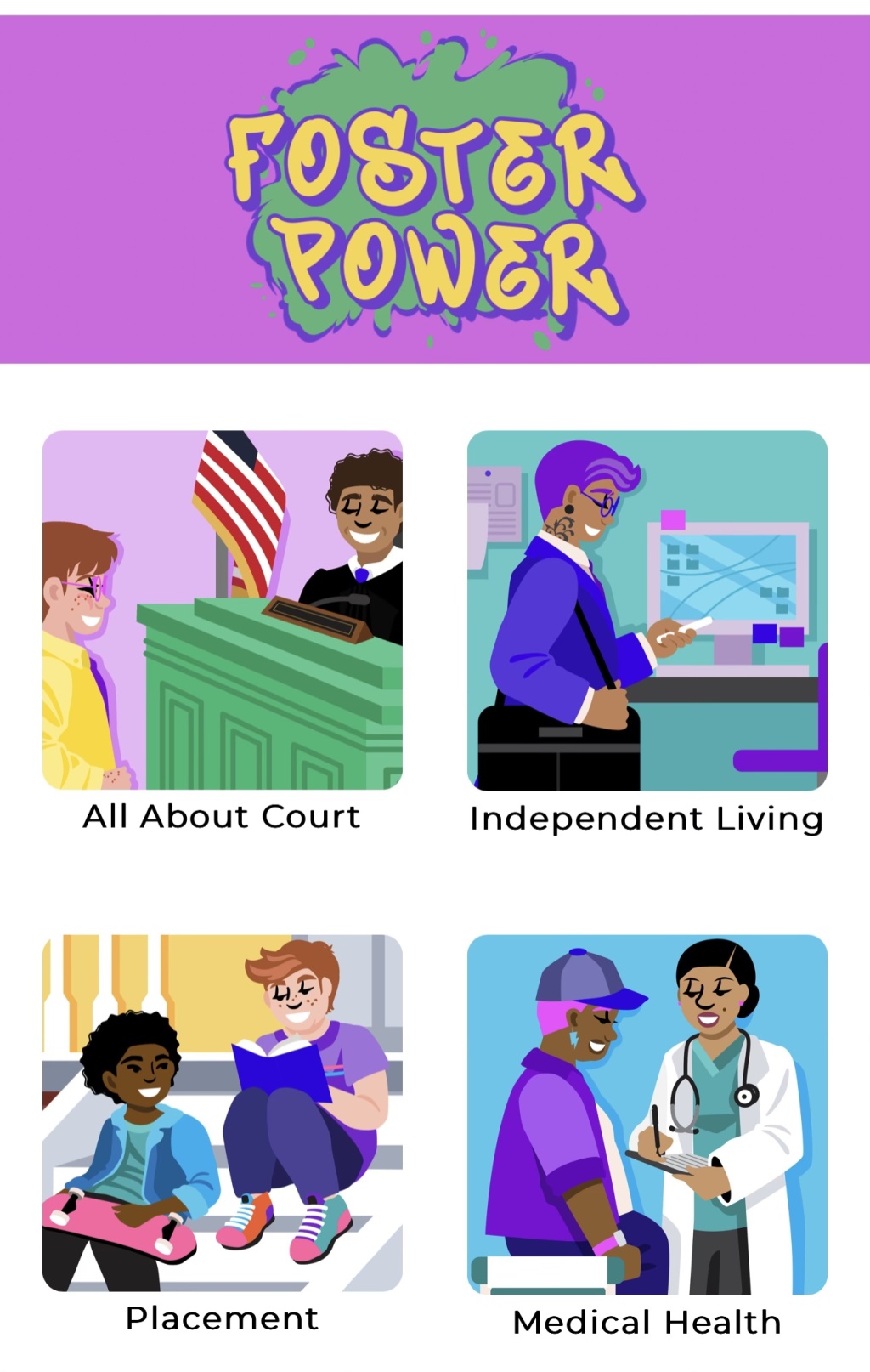
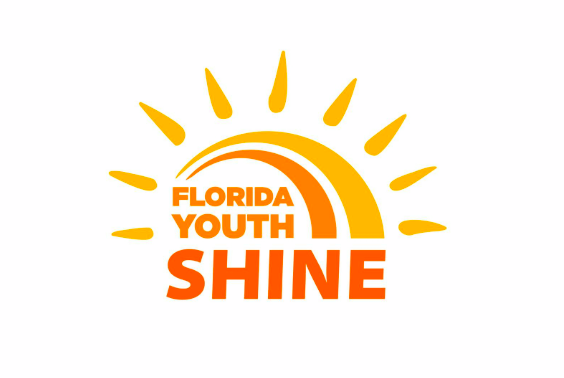
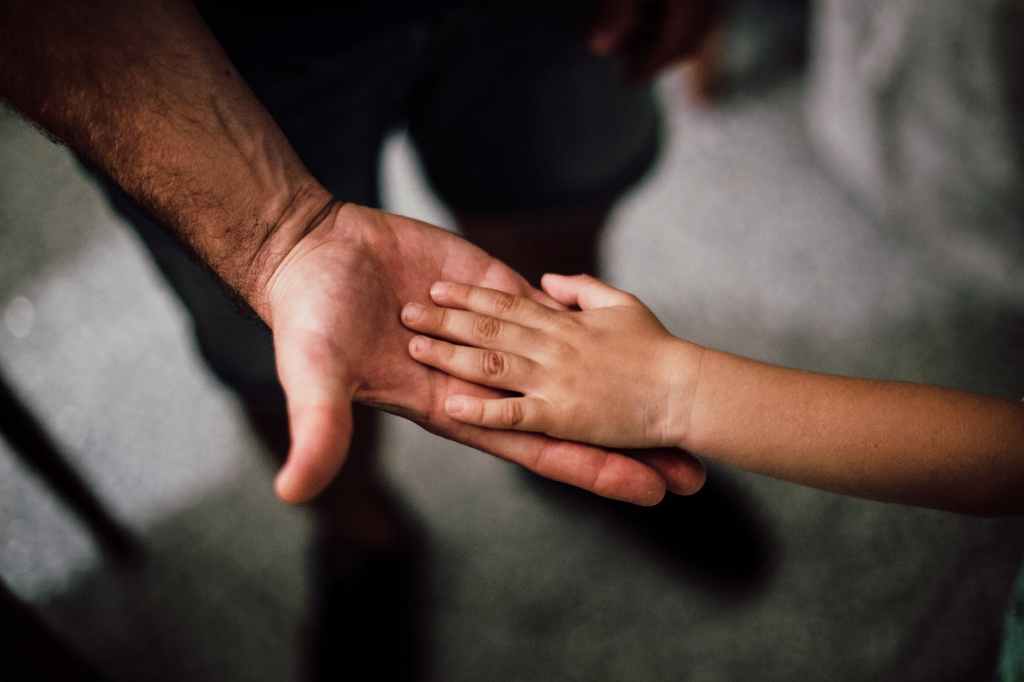
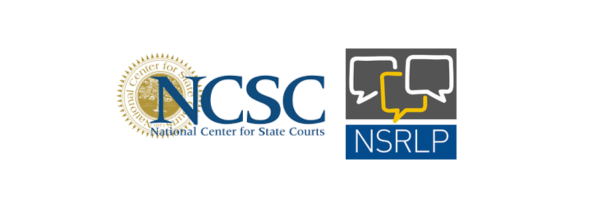
Leave a comment